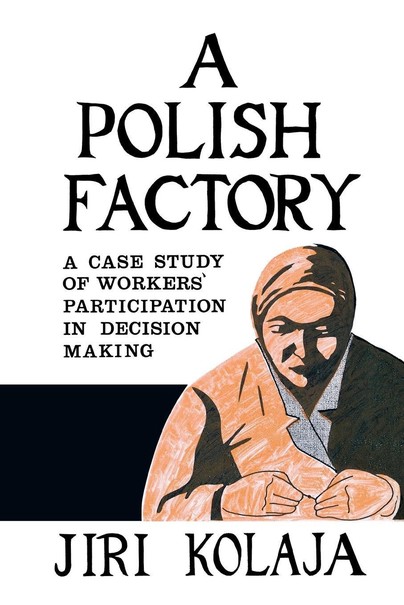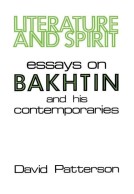A Polish Factory (Paperback)
A Case Study of Workers' Participation in Decision Making
Imprint: University Press of Kentucky
Pages: 176
Illustrations: Illus
ISBN: 9780813153544
Published: 15th July 2014
Script Academic & Professional
Pages: 176
Illustrations: Illus
ISBN: 9780813153544
Published: 15th July 2014
Script Academic & Professional
This book will be reprinted and your order will be released in due course.
You'll be £23.00 closer to your next £10.00 credit when you purchase A Polish Factory. What's this?
+£4.99 UK Delivery or free UK delivery if order is over £40
(click here for international delivery rates)
Order within the next 10 hours, 35 minutes to get your order processed the next working day!
Need a currency converter? Check XE.com for live rates
(click here for international delivery rates)
Order within the next 10 hours, 35 minutes to get your order processed the next working day!
Need a currency converter? Check XE.com for live rates
Industrial sociologists for many years have been limited almost entirely to studies of Western factories. For the Communist world they have been compelled to advance hypotheses based upon the assumption that political ideology determines the character of management-labor relations. Now for the first time, Mr. Kolaja's pioneering examination of worker participation in the management of a textile factory in Lodz, Poland, provides specific evidence for testing these theories.
For eight weeks in the summer of 1957, while the liberal atmosphere of the "Polish October Revolution" of 1956 still prevailed, Mr. Kolaja observed the behavior of two work groups in the weaving department of the Lodz factory, supplementing these data by interviews and questionnaires. The workers he found for the most part eager to talk-particularly to complain-perhaps finding in this American citizen who spoke Polish with a Czechoslovak accent an outlet for repressed feelings.
In general, Mr. Kolaja found, the weavers were almost untouched by the Communist ideology. The Lodz workers, like their counterparts in the West, worked for the pay envelope, blamed poor output upon technological and managerial deficiencies beyond their control, and sought to relieve the monotony of mass production by activities outside the factory. They responded little to efforts to involve them in the problems of the plant, and they considered the management people to be in a different, and opposed, class.
Unwilling to abandon the doctrine that management-labor conflict does not exist in a Communist society, the Polish government had tried over the years to motivate the workers' participation in operational decisions. The latest of these attempts, coming shortly after the October political change, was the workers' council. This body, superimposed upon the existing management, labor union, and party structures in the Lodz factory, served both to stimulate some interest among a few workers and to complicate the task of the plant director, a forceful man, who had to promote the participation of workers whom he knew were unmoved by the principle of collective ownership. This he did, Mr. Kolaja observed, by reporting decisions to the workers' council as accomplished facts and asking its delegates to communicate them to their fellow laborers.
The workers faced no such dilemma. They tended to accept the workers' council as yet another management organization, particularly after it had agreed to delay sharing the plant's profit. Yet one of them-denoted here as I -5 and surely the "hero" of the book-took his election to the workers' council more seriously and several times at its meetings embarrassed subordinate managers with his forthright statements. He was unable to fluster the plant director, however, who relied upon I-5's regard for his responsibilities to place him in the position of having to justify the profit sharing decision to his fellow weavers. The direction seemed clear by the time of Mr. Kolaja's departure: I-5 had been invited to join the party (no workers in the two groups studied were members), and he was about to be "coopted" by management.
Other titles in University Press of Kentucky...















